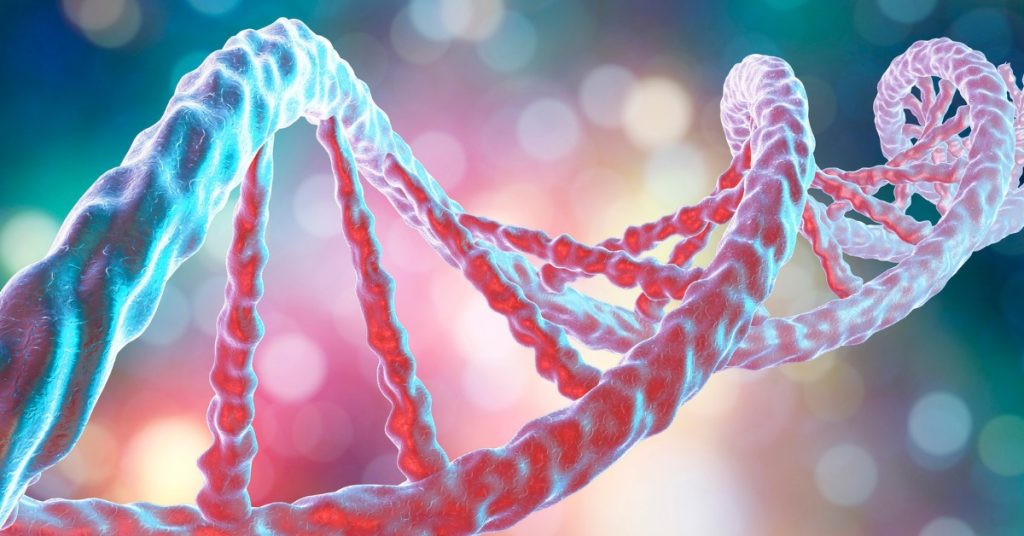Wondering if Sjögren’s syndrome runs in families? Many patients with this autoimmune disorder affecting moisture-producing glands ask themselves – is it hereditary? The short answer is, it’s complicated. Unlike purely genetic diseases, Sjögren’s does not exhibit classic inheritance patterns. However, research suggests genetic susceptibility plays a role, combined with other factors triggering onset. Let’s explore what we know so far.
It's an Autoimmune Disorder
First, a quick recap – Sjögren’s is an autoimmune disease where the immune system erroneously attacks and damages the tear and saliva glands. Consequently, patients suffer from dry eyes and dry mouth. The exact reasons why the body triggers this attack remain unclear. But it seems that in genetically prone individuals, some environmental trigger like a virus sparks the abnormal immune response.
Genetic Predisposition - Yes, But Not the Whole Story
Various studies indicate that having certain genes makes a person more susceptible to developing Sjögren’s. For instance, specific HLA genes are implicated in many autoimmune conditions. However, these genes alone don’t seal someone’s fate. The disease only manifests when a combination of genetic risks aligns with other factors like viruses, hormones, and environmental exposures.
No Obvious Inheritance Patterns
Unlike purely hereditary diseases like cystic fibrosis that pass down exactly according to rules of dominant or recessive genes, Sjögren’s inheritance is complex. It does not display obvious patterns where we can accurately predict inheritance from one generation to the next. If a parent has Sjögren’s, their child’s risk rises – but not enormously.
What Does Research Reveal?
- A 2000 study found Sjögren’s patients had 3X more relatives with autoimmune disorders than controls.
- A 2009 study reported 6.5% of patients had an affected first-degree relative versus 0.6% of controls.
- A 2019 Swedish study found 4.4% of patients had a first or second-degree relative with Sjögren’s.













